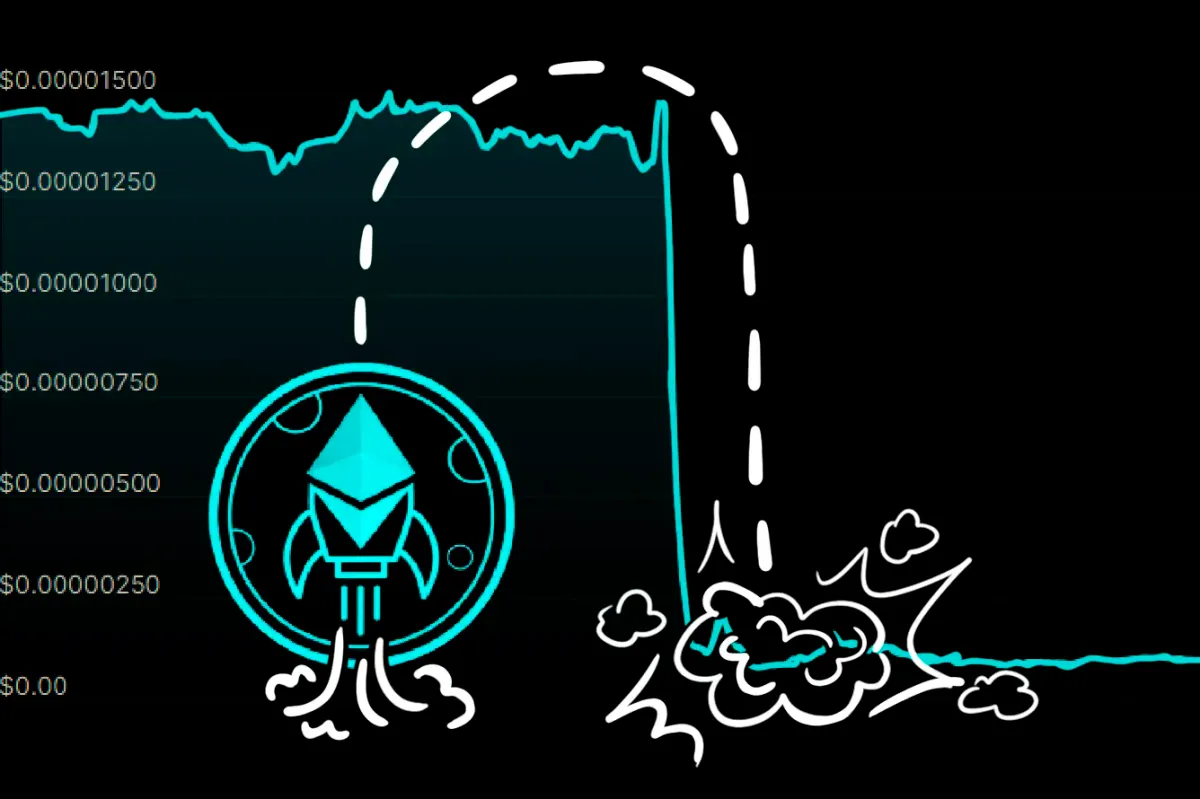
The developers of the Safereum meme-coin appear to have rug-pulled, stealing over one million dollars from their users. While there are hundreds of meme-coins 'rugging' daily, this particular scam is noteworthy because, on this occasion, the developers put significant effort into promoting their project before executing the scam.
Safereum was launched at the beginning of this month, promising users that it would “make decentralized meme-coins great again.” In a Medium post, the developers assured the public that the project was absolutely safe and presented five audits of their token contract by way of proof.
The project also received a significant promotional push from over a hundred major influencers, each boasting a substantial following on platforms like Twitter and Telegram. This vast endorsement enabled it to swiftly earn the community's trust and raise 267 ETH (around $488,000), during the pre-sale stage.
Additionally, the project team was able to convince centralized crypto exchanges of its legitimacy. The project token was listed on Gate.io, MEXC, BitMart, and Poloniex, gaining it even more trust from users.
However, the excitement around the latest meme-coin pretender turned out to be short-lived. According to blockchain security firm Certik, the team unlocked the token supply and dumped 600 ETH worth onto the market. This action resulted in the SAFEREUM token's value plummeting by more than 94%.
As a result, more than 3,800 users have lost their money.
Just hours earlier the developers had finalized a fundraise of almost $600,000 for the project's SAFEPAD token, and it is understood that these funds were also stolen.
Soon after the rug-pull, the team deleted the project’s Twitter, blocked access to its Telegram group, and started distributing stolen funds through multiple wallets, hindering the tracing process.
Unfortunately, this is a common scenario with meme-coins. The teams behind these coins generally don't focus on creating a solid product. Instead, they aim to create a powerful meme in the hopes of replicating the success of Dogecoin or Pepe. When they realize that they can't achieve this, the vast majority tend to rug pull their holders.
As most of these teams are anonymous, it becomes even harder to track the scammers. Furthermore, for some of the fraudsters this is a full-time job, involving the daily creation and rugging of numerous coins.
The worst part is that most of the so-called “crypto influencers” are deeply implicated in these scams. They happily accept money for promotions without any due diligence, often leading their followers blindly into fraudulent schemes.
So unless you are a professional meme-coin trader, it is advisable to stay away from random tokens unless they can show a solid product and a team that is willing to stake its reputation on the project.

